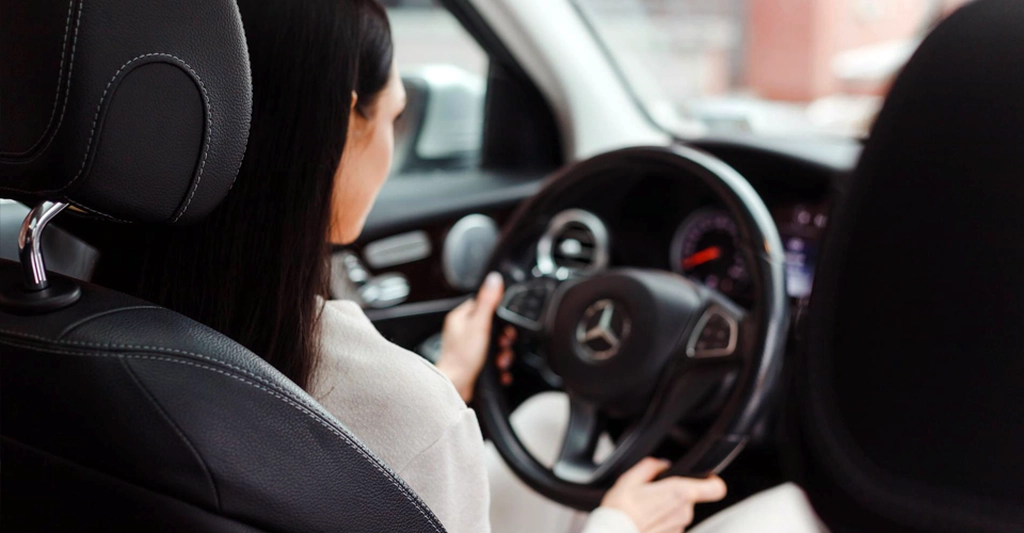If your car starts to shake while you’re driving, it’s more than just an annoyance it can be downright worrying. Whether it’s a subtle vibration in the steering wheel or the whole vehicle trembling at higher speeds, shaking is your car’s way of telling you something’s not quite right.
But don’t panic just yet. While some issues behind a shaking car can be serious, many are relatively minor and easy to fix if caught early. In this guide, we’ll break down the most common reasons your car might be shaking, how to troubleshoot the issue, and what you can do to get back to a smooth, safe ride.
What Causes a Car to Shake While Driving?
There’s no one-size-fits-all answer, but the most common culprits are:
- Damaged or unbalanced tyres
- Brake rotor issues
- Driveshaft or CV joint problems
- Worn wheel bearings or steering components
- Suspension faults
- Engine performance issues
Let’s go deeper into each of these.
1. Damaged Tyres or Bent Rims
Tyres naturally wear out over time, but damage can also occur from hitting potholes, curbs, or driving with under-inflated tyres. Uneven wear, bulges, or cracks in the rubber can throw your car off balance, causing it to shake.
Bent rims often caused by hitting obstacles at speed can also result in an imbalanced ride. If you’ve recently had a minor accident or haven’t changed your tyres in a while, it’s a good idea to do a visual inspection. Look for unusual wear patterns, visible damage, or tyre bubbling.
Pro Tip: Always replace tyres in sets or pairs to maintain even wear and stability.
2. Tyres Are Out of Balance
If your car starts to vibrate around 80–120 km/h, the issue might be unbalanced tyres. Even if the tyres look fine, small imbalances can cause significant vibrations at speed.
Wheel balancing corrects this by attaching small weights to your wheels to ensure even rotation. You’ll need a tyre shop to perform this service using a special machine.
When to check: After new tyres are installed, following long road trips, or if you’ve noticed any tyre damage.
3. Warped Brake Rotors
Brake rotors can warp over time due to heat and wear, especially if you brake aggressively or drive in hilly areas. When rotors are uneven, they cause the brake pads to press inconsistently, which you’ll feel as vibration especially when slowing down.
- Vibration when braking and felt in the steering wheel → likely front brake rotors.
- Vibration during braking but felt in the whole car → likely rear brake rotors.
If your car shakes only when braking, have a mechanic inspect the rotors. Resurfacing or replacement may be necessary.
4. Power Steering System Issues
Does the car shake only when turning the steering wheel? If yes, the power steering system could be the issue.
Low power steering fluid or a failing power steering pump can cause the wheel to shudder during turns. Check the fluid level and condition if it’s dark or smells burnt, it might be time for a flush or fluid replacement.
Watch for: Whining noises during turns, sluggish steering, or leaks near the power steering reservoir.
5. Faulty CV Joints or Driveshafts
The driveshaft and constant velocity (CV) joints transmit power from the engine to the wheels. If they’re worn out, damaged, or unbalanced, they can cause shaking particularly during acceleration or at consistent speeds.
This issue is more common in front-wheel-drive or all-wheel-drive vehicles. Check for torn CV boots (rubber coverings) or grease splatter near the wheels, which may indicate a failing joint.
6. Worn Steering or Suspension Components
Loose or worn parts in your suspension like bushings, ball joints, or tie rods can throw off wheel alignment and cause your vehicle to shake, especially at higher speeds.
Symptoms include:
- Steering feels loose or unresponsive
- Vehicle pulls to one side
- Uneven tyre wear
- Clunking noises on rough roads
An alignment check and suspension inspection can help pinpoint the issue.
7. Worn Wheel Bearings
Wheel bearings allow your wheels to rotate smoothly. When they wear out, they create excess play in the wheel hub, resulting in vibration and often a humming or grinding noise.
The vibration tends to get worse the faster you go. If you suspect bad bearings, have them inspected and replaced immediately they can be dangerous if left unchecked.
8. Engine or Transmission Issues
Sometimes, shaking comes from the engine or transmission rather than the wheels. If the engine misfires or isn’t running smoothly, it can cause the whole car to shake especially when accelerating or idling.
Common causes include:
- Worn spark plugs or ignition coils
- Dirty fuel injectors
- Vacuum leaks
- Low-quality fuel
Also, if your check engine light is on along with the shaking, it’s best to get a diagnostic scan done right away.
Can I Keep Driving If My Car Is Shaking?
It depends on the cause, but generally, no it’s not recommended. Driving with a shaking car can lead to:
- Further damage to tyres, suspension, or brakes
- Reduced vehicle control, especially at high speeds
- Increased fuel consumption and wear on engine components
- Higher risk of accidents
If the problem is minor, like tyre imbalance, it might not feel urgent but ignoring it could turn it into a costly repair later.
Final Thoughts
Shaking while driving isn’t just a comfort issue it’s a safety concern that should be diagnosed and repaired as soon as possible. From tyre and brake problems to suspension and engine issues, there’s a wide range of potential culprits. The good news? Most of them are preventable with regular maintenance and quick attention to early warning signs.
Need Professional Help?
If you’re unsure what’s causing your car to shake or you’ve tried a few fixes without success, let the experts at MotorHub handle it for you. We offer quick diagnostics, on-site inspections, and professional repairs to get you back on the road safely without the guesswork.



